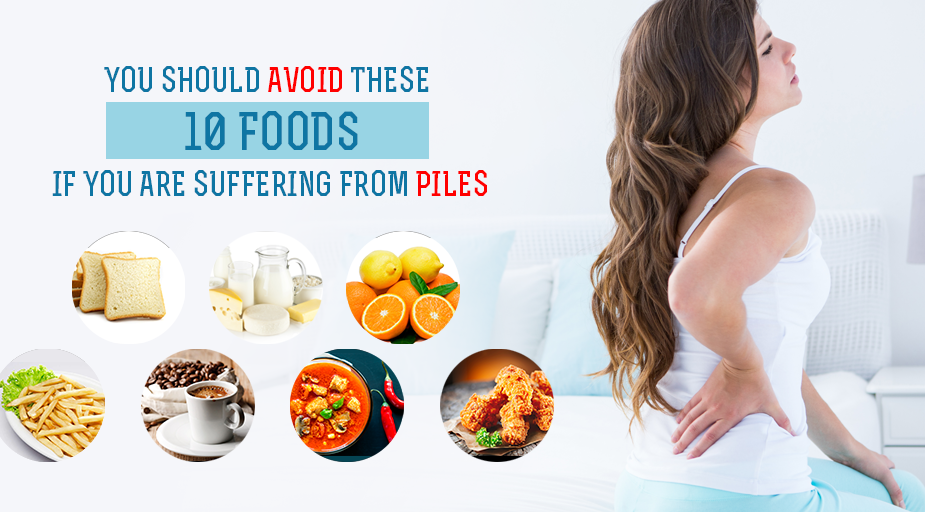PILES DURING PREGNANCY

Piles during pregnancy is a common occurrence, especially in women who are in their third trimester. As per sources, 25% to 35% of pregnant women develop piles or hemorrhoids.
What is Piles?
When the blood vessels in and around the lower rectum and anus become swollen and inflamed, they are referred
to as piles. It is a fairly common condition in pregnant women and is completely treatable.
What are its symptoms?
- Painless bleeding from the anus. Women may also spot blood after passing stool.
- Itching around the anus
- Pain while passing stool and mucus discharge afterwards
- A lump hanging out of the anus, especially after passing stool
- Feeling of fullness in the rectum even after defecation
Is piles dangerous in pregnancy?
No. Piles is not threatening for mother or baby throughout the course of the pregnancy. Although it may be a little annoying and uncomfortable to deal with.
What are the causes of piles during pregnancy?
- During pregnancy, the amount of blood circulating in the body greatly increases. Also, the body is producing high levels of hormone progesterone which makes the veins and vessels sluggish and relaxed. Due to this, the vessels swell up. The veins below the uterus are more likely to swell and stretch, due to the pressure of the growing baby. This further puts pressure on the vessels surrounding the rectum and anus, causing them to swell as well.
- Another reason is constipation.
Constipation is very common in pregnancy. As the baby grows, it puts pressure on the rectum and slows down the bowel movement leading to constipation. Constipation causes strain to pass stool. This continuous straining also results in piles at times.
How to get rid of piles in pregnancy?
- Use a cold compress which is basically a cloth dipped in cold water to ease the soreness in your anus and rectum area.
- Avoid sitting or standing for too long. Sitting puts pressure on the swollen vessels.
- Try to make it a habit to sleep on your left side. This will ease pressure on your abdomen and give you relief.
- You can also use a hemorrhoid pillow known as a ring cushion to sit when you can’t lie down or stand.
- Avoid straining while passing stool. It may make your piles worse.
- Wipe your anus with a moist toilet paper instead of a dry one after defecation. Remember to always pat the area rather than rubbing it. It may aggravate the swelling.
- Use a safe to use stool softener if necessary to pass stool regularly.
How to prevent piles during pregnancy?
- Eat fiber-rich food. Include lots of fruits, vegetables, wholemeal bread, brown rice and cereals in your diet.
- Drink lots of water on a regular basis.
- Include regular exercise in your routine. You can go for short, brisk walks during pregnancy.
- Do pelvic floor exercises to strengthen your pelvic muscles. This will also help in having a normal delivery.
- Go to the toilet immediately whenever you feel the urge. Don’t wait for too long. Waiting will make the stool hard and difficult to pass.
Will the Piles continue after pregnancy?
In most cases, piles tend to go away or shrink after giving birth. But it will be better to avoid constipation after the delivery to make sure it goes away.
“Your body sheds all the fluid it has been hoarding during pregnancy and also uses fluid to produce breast milk. Hence, I advise my patients to eat more and more fiber, drink lots of water and stay active which will help them in avoiding constipation and getting rid of piles.”
